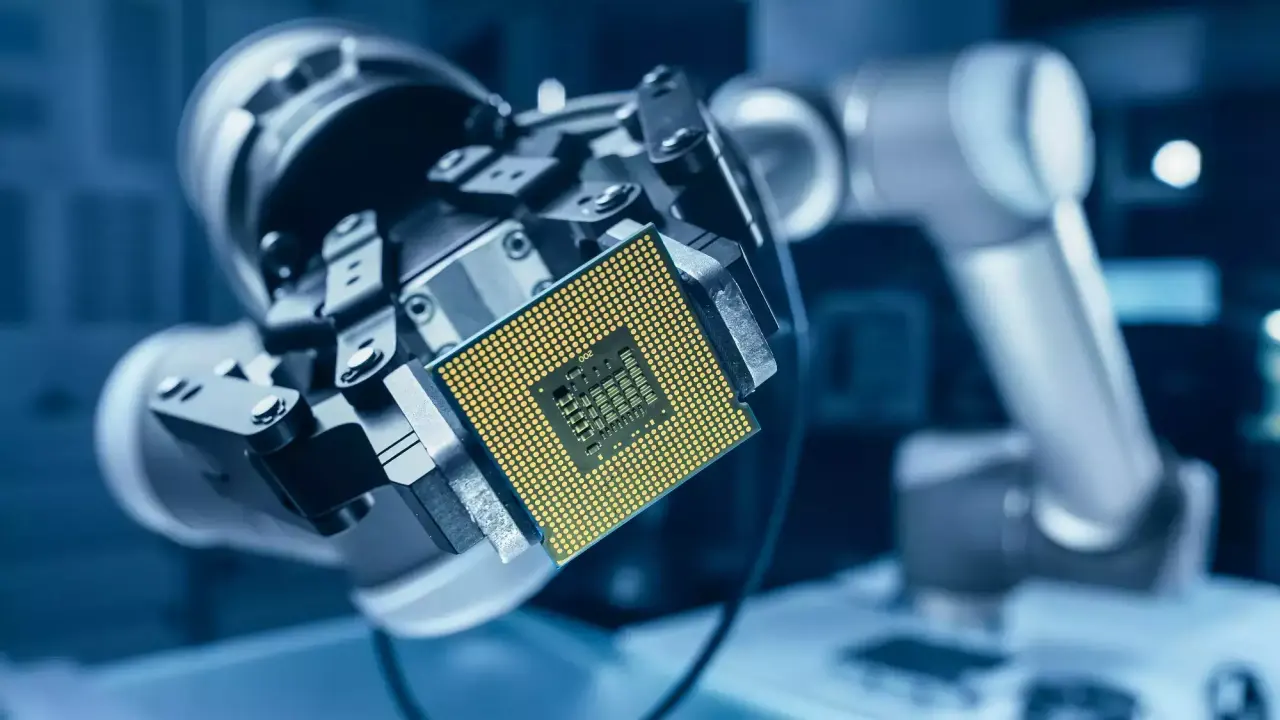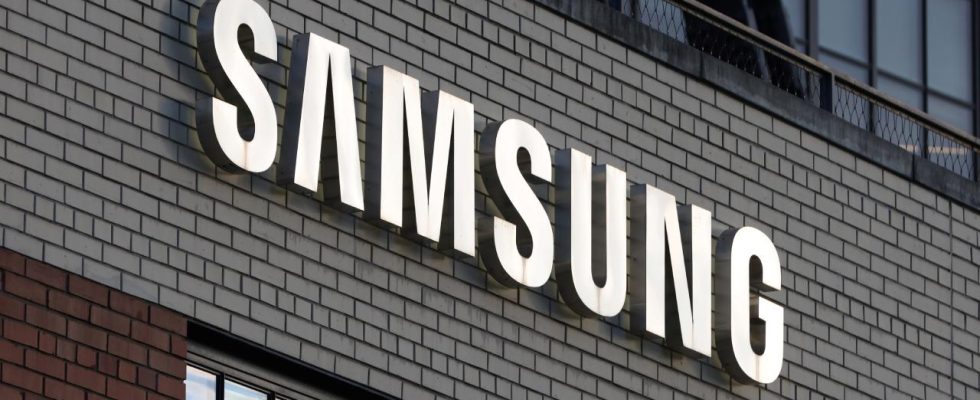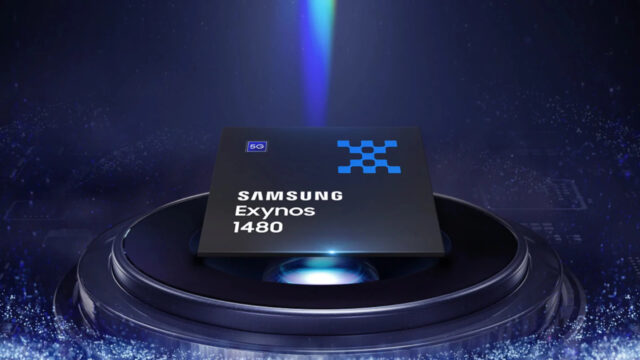Significant progress has been made in the semiconductor industry in recent years. In this context, the way has been opened for revolutionary innovations in almost every aspect of technology. on the other hand Samsung is preparing to take an important step towards increasing semiconductor demand despite the global chip shortage. Here are the details…
Samsung will use wastewater to produce chips!
As it is known, the semiconductor industry requires thousands of gallons (1 gallon is approximately 3.7 liters) of ultrapure water during chip production. Ultrapure water, on the other hand, is a type of water that is completely purified of all impurities, including fine particles and microorganisms, except for basic hydrogen and oxygen molecules. This special form of water is a fundamental requirement of the chip manufacturing process.
Korean Samsung, on the other hand, is making plans to expand its production capacity to meet the difficulties experienced in the semiconductor industry and the increasing demand during chip shortages. This means the amount of water the company uses for production purposes will more than double.
Samsung plans to reuse wastewater to meet the huge water needs of its semiconductor manufacturing processes. Accordingly, the technology giant aims to purify 400 million liters (approximately 105,668 million gallons) of wastewater daily to make it suitable for industrial use at its facility in Hwaseong, South Korea.

The purity of the water used for semiconductors is very important. So much so that even the smallest impurities have a great impact on the quality of the chip produced. As Samsung plans, the wastewater-derived water will be put through multi-stage filtration and purification processes designed to be completely free of any contamination that could potentially harm the delicate semiconductor manufacturing process.
Use of fresh water –Fresh water is required to produce ultrapure water– aiming to reduce SamsungWith this move, we are taking an important step towards sustainable production. Accordingly, other companies may also adopt similar practices to the Korean technology giant. We will see this together.
So what do you think about this issue? You can share your opinions with us in the Comments section below.

